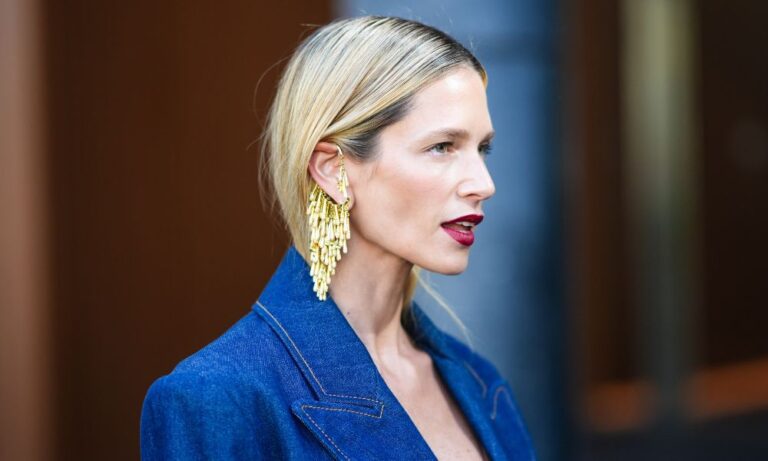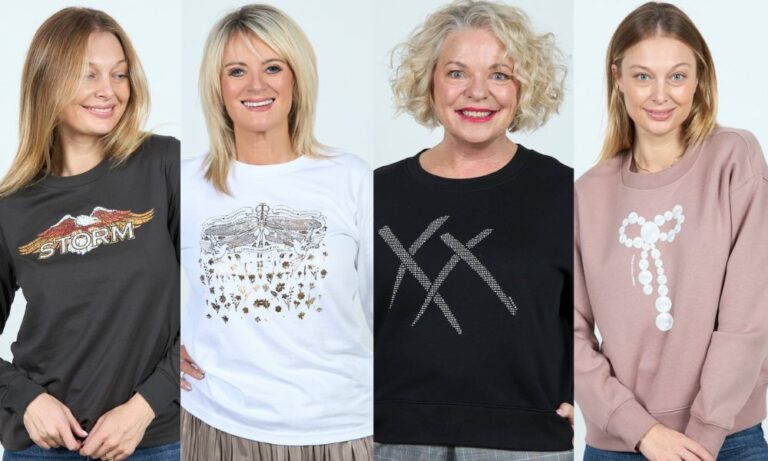If news reports are anything to go by, we live in a cruel world. People often seem egoistic, self-centred, greedy and sometimes evil. We have adjusted our way of living accordingly, stopping our children from playing on the streets in fear for their safety and locking ourselves behind bars and walls to protect us from intruders. But is the world really becoming more violent? Are people actually becoming more malicious?
Maybe not. There is a lot that shows the opposite is true – that humans strive towards being kind. Kind people are considerate, humane, friendly, generous and pleasant. Kindness, also known as altruism, is built on the cornerstones of morality, ethics and empathy. Most religions have ethical guidelines concerning kindness and, regardless of religion, most people grow up learning rules that stem from ethics focused around being good.
Jerome Kagan, professor of psychology at Harvard University, believes humans can be distinguished from animals by their obsessive concern with good and bad, right and wrong. Humans are biologically driven to be good and Professor Kagan says the opportunities humans have to do something mean or cruel without getting caught greatly outnumber the actual crimes that occur in our world. Humans spend a lot of time gathering evidence that affirms they belong in the ‘good’ category. Most of us experience a negative feeling when we contemplate or commit a behaviour that violates a standard we perceive as proper, says Professor Kagan.
Motives of altruism, as Professor Kagan defines it, include a moral sense, love for another and the desire to create a state of gratitude in the other. This opposes the pleasure theory that humans, like animals, are driven by whatever makes us feel good. According to Professor Kagan, if anyone kept a record book of every major decision they made for one year to see how many acts were determined by what had to be done because of an ethical sense versus for pure sensory pleasure, then there would be no question the first would outnumber the second. Professor Kagan defines morality as the motivation to match actions, thoughts and behaviours to cognitive representations of ethical standards. When synchronised, the individual experiences a uniquely human feeling of enhanced virtue.
ETHICAL DILEMMAS
In his book The Art of Being Kind, Swedish medical practitioner and professor Stefan Einhorn says we all have a lot to gain from being kind and he even goes as far as to say that kindness is the most important factor that makes us successful in life. Everyone has heard of IQ as a measure of intelligence, and most have heard that emotional intelligence measures our ability to handle our emotions in different situations. Professor Einhorn says there is also such a thing as ethical intelligence. This is our ability to ‘do good’, something we can all develop throughout life.
Professor Einhorn takes a slightly different position to Professor Kagan, claiming that the ‘all-good’ person is a myth and that we should be careful in viewing ourselves as perfect. To be kind, he states, is something that we should strive for while at the same time accepting that we can never be perfect. To be kind is not always straightforward and a perceived act of kindness may turn out to be destructive. To do good can also put us in ethical quandaries where we may become torn between a moral stance that lying is bad, for example, and norms around being a good friend.
Imagine if a friend confesses to you that her husband is debilitated by depression and asks you not to tell anyone. This then affects her work performance and your boss tells you that the board is about to make a decision about whether to sack her or not. You are unable to get in touch with your friend, but you know that if you go ahead and tell your boss the truth he would help her. You have sworn to her that you will not say anything, however, so what do you do? The truth is, there are often no easy answers to what’s right or wrong because we don’t know what the outcome will be when making our decisions.
Professor Einhorn, who sits on the Ethics Committee at the Karolinska Institutet, says ethics are all about relationships and how to behave like a good human being towards your fellow man. He extends this to include how we treat our environment and our earth. However, ethics are also small decisions that we make on a daily basis – do I wash up the coffee cup in the office kitchen and risk being late to a meeting? Should I stop to help someone whose car has broken down on the side of the road but then risk being late home for dinner?
THE FIVE TOOLS
Despite these dilemmas, Professor Einhorn says there are tools we can use to help us cope with difficult situations. We can use these tools to become better at making ethical decisions.
1. SOCIETY
The first tool includes the laws, rules, principles and norms of our society.
2. RATIONAL THINKING
The second tool is our ability to rationally analyse each situation and decide on the best solution.
3. CONSCIENCE
The third tool functions as an emotional indicator of how we should behave. Our conscience is built on our values and resembles those of the society we live in.
4. EMPATHY
Empathy is the fourth tool. This is our capacity to ‘feel’ another person’s situation, to put ourselves in their shoes.
5. ASK FOR HELP
The fifth tool is our ability to ask fellow human beings for their opinion or help.
TWO-FACED
Kindness is a good thing that makes a better world. However, there is also what Professor Einhorn calls false kindness. An example of false kindness is the inability to say no. True kindness is to bravely stand up for the right thing to do and speak out against what seems wrong or unjust. A useful thing to do is to define to ourselves what drives our actions. Peer pressure and co-dependency are common drivers leading us to be falsely kind, as are the need to be compliant to be good, the need to protect someone from truth to avoid feeling bad and the desire to not be seen as a difficult person. False kindness often leads to passive-aggressive behaviour where the anger is covered with a kind smile.
Kindness is not only about doing the right thing by others, but also by ourselves. To be solely kind to others over our own wellbeing may lead to burnout and may indicate that there is some false kindness behaviour involved. A genuine kindness towards ourselves as well as others leads to increased energy. True kindness is to want to do good and take action towards doing it. Professor Einhorn questions if pure altruism without a motive of personal gain really exists but says he believes that most of us want to be good.
Our deeds affect our surroundings like ripples on water. We are responsible for creating the environment we want around us so why not exercise your ethical intelligence and be part of spreading those ripples of kindness.







